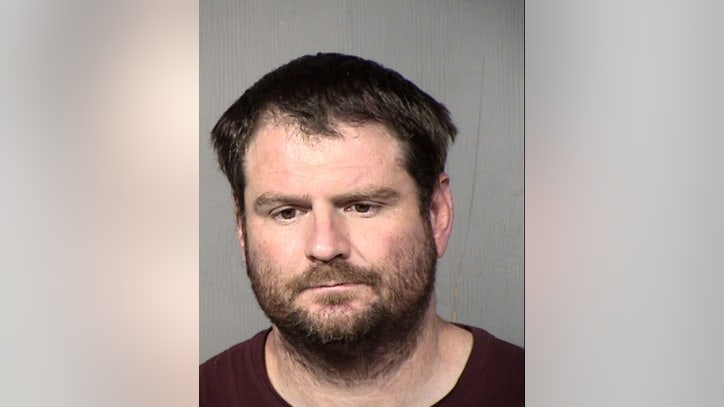Casino Arizona Murder
Arnold Rothstein, New York’s most notorious gambler, is shot and killed during a poker game at the Park Central Hotel in Manhattan. After finding Rothstein bleeding profusely at the service. Expertise: Crime, Legal, Tribal Gaming. An Arizona grand jury has indicted Gabriel Milford Kavoka on first-degree premeditated murder and carjacking charges in connection with the killing of a taxi.
WASHINGTON (CN) — Chiding the Ninth Circuit, the U.S. Supreme Court on Monday reinstated a death sentence for a man who killed his gambling buddy over some casino losses.
George Kayer is on death row for the murder of Delbert Haas in 1994. As relayed in Monday’s ruling, Haas had borrowed money from Kayer on a Nevada gambling trip, and Haas told the third member of the group, Lisa Kester, that he would kill the man for losing it.
“While the three drove home, Kayer took a detour to a secluded area and stopped on the side of a dirt road,” justices wrote. “After Haas exited the vehicle to urinate, Kayer grabbed a gun, sneaked up to him, and shot him pointblank in the head.”
Casino Arizona Murder


It was Kester who went to the police, and Kayer was soon found guilty of first-degree murder and number of offenses related to stealing items from Haas’ body and home. Rather than let his lawyer seek a delay to turn up any mitigating evidence, however, Kayer moved to expedite his sentencing.
Facing execution now, Kayer claims the assistance of his counsel was ineffective. His new attorneys have produced evidence that he is bipolar, and the Ninth Circuit agreed with him that Arizona’s high court might have vacated his death sentence had it been shown evidence of his mental impairment.
But the U.S. Supreme Court summarily reversed that decision Monday, saying it was wrong to issue “a writ of habeas corpus despite ample room for reasonable disagreement about the prisoner’s ineffective-assistance-of-counsel claim.”
Apart from this unsigned ruling, the Supreme Court did not take up any other cases as part of its Monday order list, which includes dozens of certiorari denials.

In one case, the court rejected a request from Kansas to reinstate a law that requires those registering to vote to provide proof of U.S. citizenship. In its petition, Kansas had noted that its law gave registrants 90 days to provide proof of citizenship, a period during which county election officials would contact the individual “at least three times.”
But the American Civil Liberties Foundation pointed out to the court that it took two years for the lead plaintiff behind the challenge, Steven Fish, to get proof of citizenship because he was born on a decommissioned Air Force base.
“Kansas is the only state in the union requiring those seeking to register to present a citizenship document, as opposed to signing an attestation or writing down a driver’s license number,” attorney Dale Ho wrote in the response brief. “This outlier registration requirement – the most onerous in the nation — caused a ‘mass denial of a fundamental constitutional right.’”

After a federal judge nixed the state law, it was kept down by the 10th Circuit. Per its custom, the Supreme Court did not issue any statement in turning down Kansas’ appeal.
Casino Arizona Murder Case

The justices also nixed an appeal from Indiana after the state lost a case with a group of lesbian couples who said the state discriminated in not letting them list both women’s names as parents on their children’s birth certificates.
Karen Celestino-Horseman, an attorney for the couples with Austin & Jones, accused the state in a response brief of seeking extraordinary relief.
Casino Arizona Location
“This court does not make a practice of granting certiorari to resolve questions of state law — for which the district courts and courts of appeal are better suited than this court — yet that is what petitioner seeks,” Celestino-Horseman wrote. “Petitioner does not challenge the federal precedent on which the court of appeals based its decision, but rather asks the court to revisit the appellate court’s construction of state law as it relates to those established federal principles.”